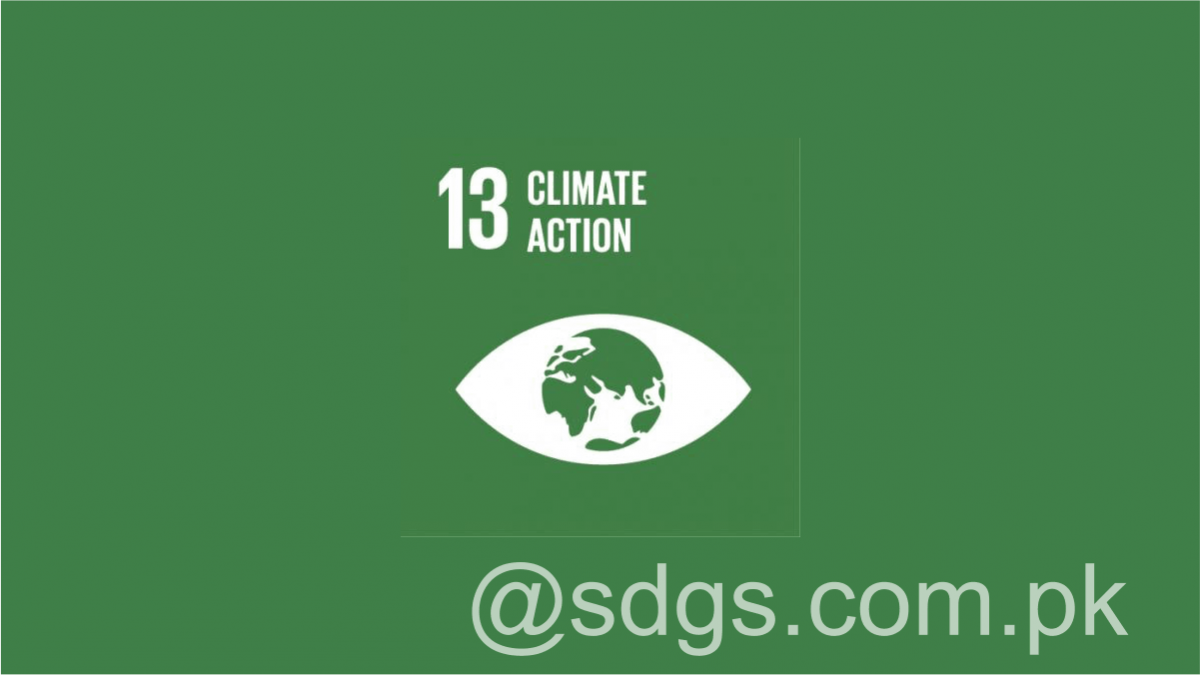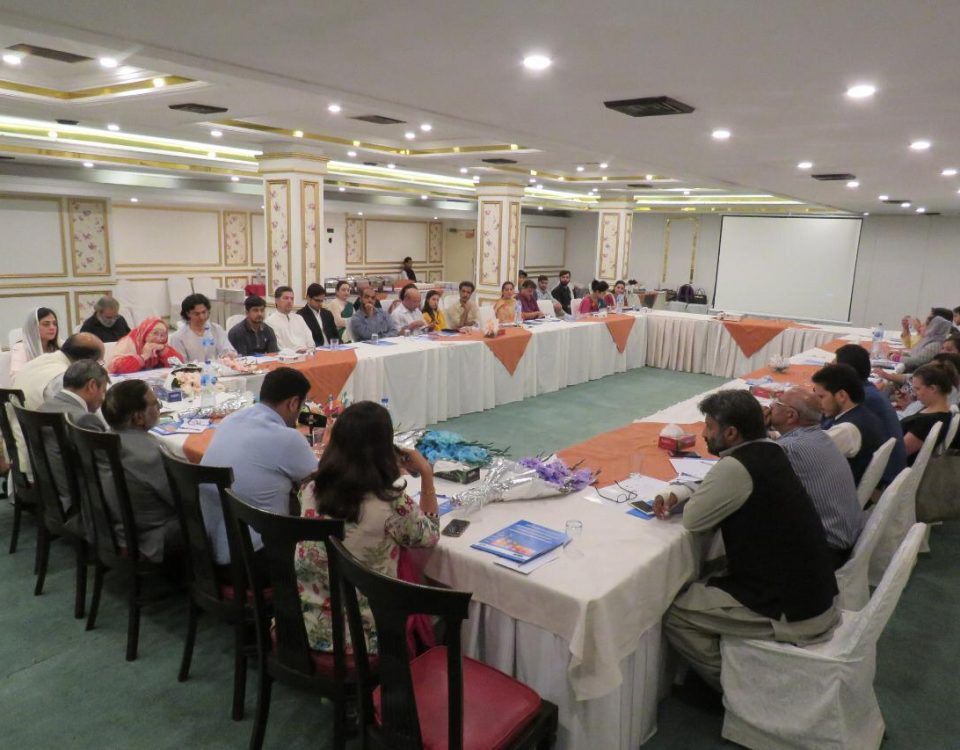
Guidelines for Caucasus and Central Asia
May 30, 2019
Approach for Resilient Recovery
May 30, 2019The International Conference on Climate Action (ICCA2019) took place in the run-up to the UN Secretary-General’s Climate Action Summit and focused on how vertical and can strengthen mitigation and adaptation measures to climate change. The deliberations showed that there are already many solutions to increase climate ambition, but that stronger collaboration between different levels of government is needed to further strengthen their deployment and scaling up.
The Heidelberg conclusions and the Partnership Statement on Concerted Action for Climate, based on the workshop discussions, will inform the debates of the UN Secretary-General’s Climate Action Summit and the 25th the Conference of the Parties (COP 25) at the UNFCCC.
In her opening remarks, Svenja Schulze, Germany’s Minister for the Environment, Nature Conservation and Nuclear Safety, said ICCA2019 was an important step for the Climate Action Summit and a forum to raise climate ambition to limit the global climate. average increase in temperature to 1.5 ° C above pre-industrial levels. She stressed that collaboration between levels of government is essential for effective climate action and stressed that the German National Climate Initiative (NKI) provided financial support to about 29,000 local climate projects in the country. Schulze congratulated the German youth movement Friday for the future for increasing pressure on decision-makers to become more “climate ambitious”.
A total of 23 workshops were organized during the event in the following thematic groups: energy transitions; mobility; planning and construction; resilience and adaptation; consumption and production; ambitious climate action plans; concerted climate action; finance; the governance; and good practices in Baden-Württemberg. In all workshops, participants exchanged best practices and lessons learned from climate action in collaboration, including discussions on:
- mapping of informal settlements and self-organizing redesign to reduce vulnerability, including floods.
- overcome “silo” adaptation responses resulting from shared government responsibilities
- subsidize green roofs and increase greenspace for stormwater management
- to strengthen the dialogue between researchers as data providers and local actors as data users
- strengthen the capacity of local communities to collect data
- take advantage of private investment opportunities in sustainable development projects, both through commercial banks and bottom-up mechanisms such as crowdfunding initiatives
- use district heat management projects as an accessible means of entry and then enhance climate action
- develop capacities not only to replicate projects, but also to manage them sustainably
- take social considerations into account in planning climate action and raise awareness of common benefits.




